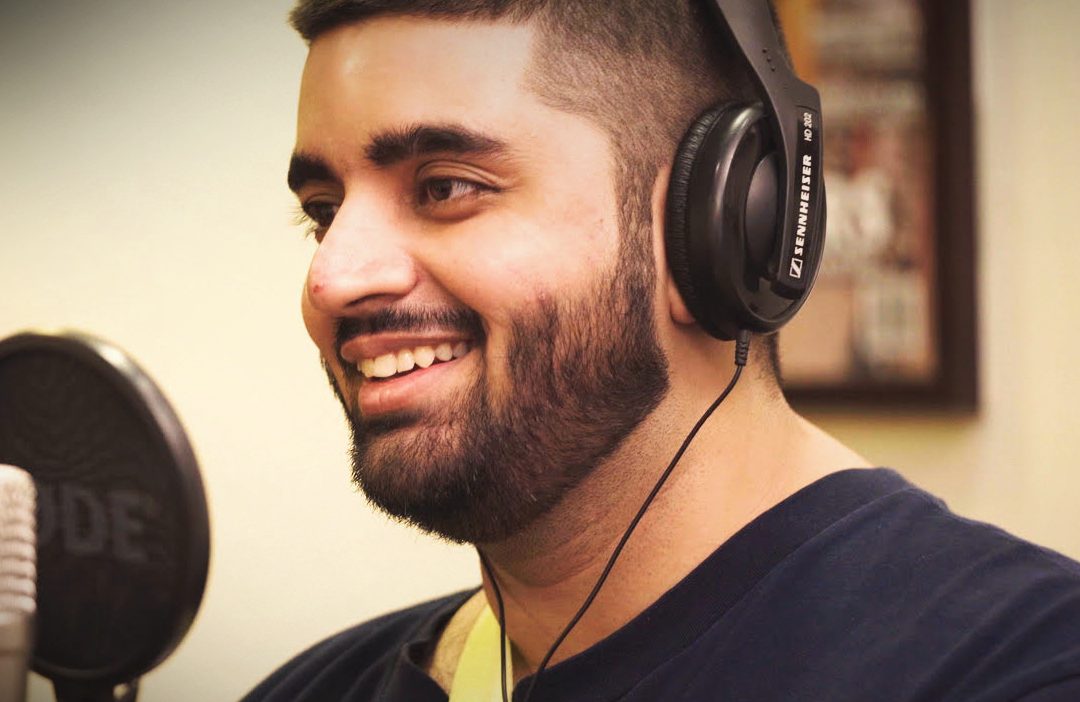The producer behind India's landmark hip-hop hits on hard work, hustle and the power of collaboration

New Delhi producer Sez on the Beat.
“It’s motivational, yo. Because hum sab ne nahi socha tha ki hip-hop iss stage pe aa jayega. Socha tha but itni jaldi nahi socha tha (We didn’t think hip-hop in India would reach this stage so soon,)” says New Delhi producer Sajeel Kapoor aka Sez On The Beat. #HaqSeBolo’s second episode features the producer who shaped the sound of desi hip-hop in conversation with Rolling Stone India’s Executive Editor Nirmika Singh. Bolo is the audio and video podcast series chronicling the journeys of some of the biggest names in Indian hip-hop as part of #HaqSeHipHop, digital media firm Qyuki and Rolling Stone India’s multi-platform venture to nurture the hip-hop ecosystem in the country.
The 25-year-old producer is a veteran of the Indian hip-hop scene, having produced landmark songs and albums such as Divine’s “Yeh Mera Bombay” (2013, co-produced with RJV Ernesto), “Mere Gully Mein” (2015, featuring Neazy) and “Jungli Sher” (2016), Naezy’s “Asal Hustle” (2016) and “Mama Mia” (2019) and Prabh Deep’s Class-Sikh (2017), among others. In the second episode of Bolo, Sez delves into how hustle is intrinsic to hip-hop as he hits rewind to recount his journey as a producer, taking us behind the making of some of his hits. “I’m just a kid who started making beats on a laptop, and I’m still making beats on my laptop,” he said.
The producer also got real about the state of the scene today. “The music industry is a big vulture,” he said, cautioning artists to learn and know how to do things for themselves so that they aren’t taken advantage of. “If there’s a big break happening, get a lawyer and ask him to read the contract for you. That is very very very important,” he said.
As someone who has been a vital part of the Indian hip-hop scene for a decade now, Sez is bent on helping emerging artists. “I just want to help anyone and everyone I can. Take them along my journey,” he said. He wants to see hip-hop move away from the dictates of brands, fearing that the genre will be taken over in the country. “[Hip-hop] it’s just being true to yourself. Don’t be fake and all that stuff,” he says. The producer spoke about how he, at first, didn’t think hip-hop as a genre could thrive in India, opining that it ultimately did because rappers made the content their own and Indians related to it.
He maintains that the essence of hip-hop lies in its real, raw stories which will only come forth when rappers don’t imitate their idols but hone their own sound. “I want that hunger to be seen now in hip-hop. Hai hi nahi hunger, bacha hi nahi aisa lagta hai (It’s like there isn’t any hunger left anymore,)” he said.
Sez also spoke of how he discovered hip-hop at the age of fifteen, how he didn’t consciously set out to give his tracks an Indian sound, the power of collaboration and more. Watch the second episode of #HaqSeBolo below:
The upcoming drama swaps the traditional Hanbok for an imperial silhouette in a risky bet…
The star celebrated The Life of a Showgirl track topping the Billboard Hot 100
The rapper’s second album catches him in a moment of transition after his star-making debut
The performance marked the HUNTR/X trio’s first time showcasing the hit song live outside the…
Nick entered his plea via his public defender before DA Nathan Hochman said a decision…
John Davidson, subject of the biopic I Swear, issued a statement after he was heard…